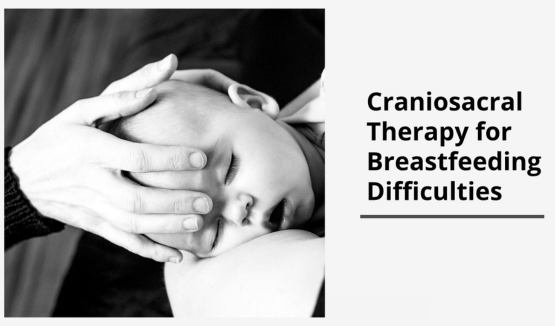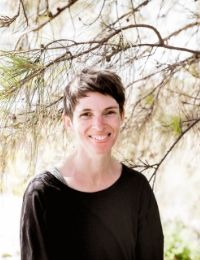
This presentation offers an introduction to craniosacral therapy, with a particular emphasis on the biodynamic approach. Jenny reviews the available research, highlighting both its findings and limitations in relation to colic and breastfeeding challenges. She also explores the collaborative role between IBCLCs and craniosacral therapists in supporting infant feeding.
This presentation examines how the birth process—including interventions like forceps, vacuum, and induced labour—can affect early breastfeeding experiences leading to fussy feeding and latching issues. Participants will learn concepts such as birth imprints, baby body language and memory crying giving a fresh perspective on early life consciousness. Jenny highlights the emotional and physical impact of birth on babies, emphasizing the value of craniosacral therapy and parental empathy in supporting healing and optimising breastfeeding outcomes.
This presentation delves into the concept of infant stress, exploring how experiences such as birth trauma, medical interventions, and caregiver regulation shape a baby's nervous system. It explains the difference between tolerable and toxic stress, and outlines how craniosacral therapy and responsive parenting can support nervous system regulation and emotional healing.
This presentation examines how mechanical forces during birth—such as prolonged labor, instrumental delivery, or in-utero positioning—can lead to musculoskeletal strain and cranial nerve dysfunction in infants. Jenny describes how these issues may manifest as feeding challenges, postural asymmetries, or discomfort, and explains how craniosacral therapy can gently address the underlying imbalances. Special focus is given to jaw and neck restrictions and the cranial nerves involved in breastfeeding.
This presentation explores tongue tie and its impact on breastfeeding. Jenny discusses assessment and treatment approaches, highlighting the benefits of craniosacral therapy both before and after tongue tie release. She also examines the prevailing practice of frequent post-release oral exercises and explores their potential impact on the infant’s nervous system and the parent-infant bond.
In this presentation, Jenny shares a case study from her clinical practice where combining lactation support and craniosacral therapy lead to improved breastfeeding outcomes. Jenny also covers the importance of working with mums using craniosacral therapy and discusses the challenges of craniosacral therapy when working with mums and babies.

Jenny Lynn
Jenny Lynn is a international board certified lactation consultant (IBCLC), and biodynamic craniosacral therapist. She was inspired to help other mothers with breastfeeding after experiencing outdated and undermining breastfeeding advice with her first child. She became a breastfeeding counsellor with the Australian Breastfeeding Association, running groups and volunteering on the national breastfeeding helpline. With a past history of nursing in paediatric clinics, general practice, and mental health she went on to sit the IBCLC exam in 2013. Realising that services for tongue tie were scarce she helped to establish a tongue tie clinic at Baby Steps Health Centre in collaboration with a GP. She found her way to craniosacral therapy after it became clear that many breastfeeding challenges were unresponsive to usual lactation consulting strategies. In 2019 she completed a Diploma of Biodynamic Craniosacral Therapy with Body Intelligence. She has a private practice in Perth, Australia specialising in unsettled babies and feeding difficulties and she also works for Breastfeeding Conferences, assisting in the organisation of educational programs nationally and online.